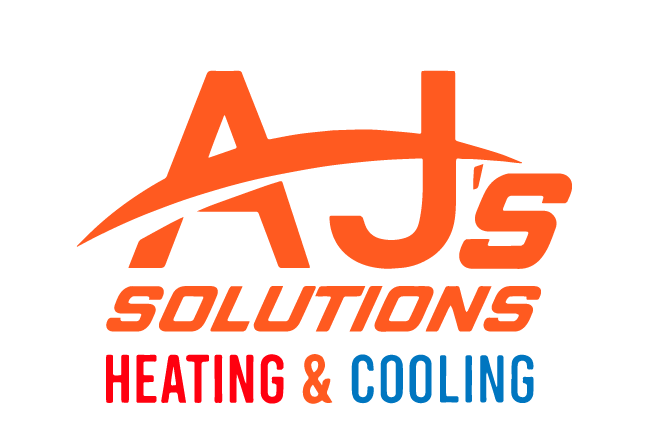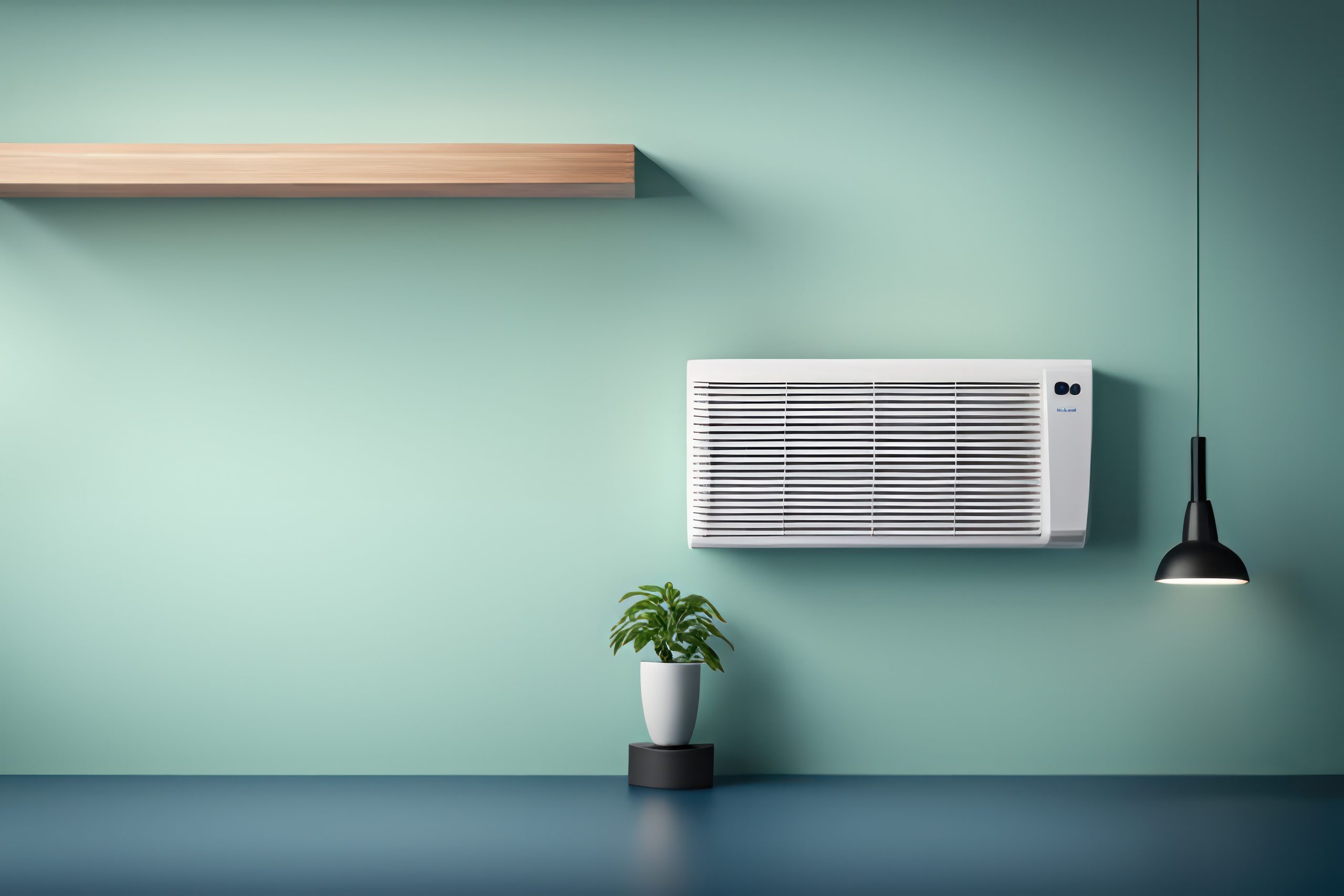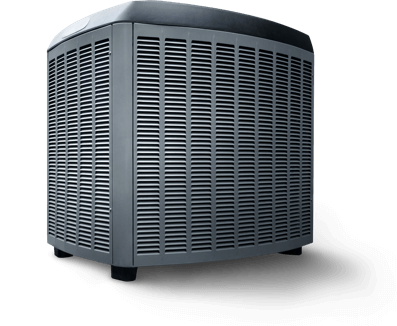Regular Maintenance is Key: Ensure your HVAC system receives regular check-ups and maintenance. A well-maintained system operates more efficiently, providing cleaner air and contributing to a healthier indoor environment.
Change Filters Frequently: Stay on top of filter changes. Clean filters help trap dust, allergens, and pollutants, preventing them from circulating in your home. This simple step can significantly improve indoor air quality.
Invest in Air Purification: Consider adding air purification systems to your HVAC setup. These systems can capture and eliminate particles, microbes, and odors, promoting a cleaner and healthier atmosphere.
Regulate Humidity Levels: Keep an eye on humidity levels. Maintaining optimal humidity prevents mold growth and reduces the risk of respiratory issues. Your HVAC system can play a role in regulating humidity for a more comfortable and healthier living space.
Ventilation Matters: Ensure proper ventilation throughout your home. Adequate ventilation helps remove indoor pollutants and brings in fresh air. Your HVAC system can contribute to this by efficiently circulating air.
Upgrade to Smart Thermostats: Consider upgrading to a smart thermostat. These devices not only enhance energy efficiency but also allow you to control indoor conditions more precisely, contributing to a healthier and comfortable living space.
Educate Yourself on Indoor Air Quality: Learn about indoor air quality and how it affects your well-being. Understanding the potential pollutants and the role of your HVAC system empowers you to make informed decisions for a healthier home.
Promote Cross-Ventilation: Open windows when weather permits to promote cross-ventilation. This natural airflow, combined with the assistance of your HVAC system, helps refresh indoor air.
Encourage Regular Exercise: Regular exercise contributes to overall well-being. Ensure your HVAC system is well-maintained to support a comfortable and conducive environment for physical activities.
Consider UV-C Light Installation: UV-C lights within your HVAC system can help eliminate mold, bacteria, and viruses. Consult with professionals to explore this option for an added layer of protection.
Emergency Preparedness When It Comes To HVAC Systems.
Identification of Emergency Situations:
- Educate yourself and your household or team about potential HVAC emergencies.
- Recognize signs of trouble, such as unusual sounds, odors, or a sudden loss of heating or cooling.
Contact Information:
- Have handy the emergency contact number for your HVAC company.
- Keep this list readily accessible, including after-hours contacts for urgent situations.
Regular Maintenance:
- Schedule routine maintenance for your HVAC system to minimize the risk of emergencies.
- Identify and address potential issues during regular service checks to prevent unexpected breakdowns.
DIY Troubleshooting:
- Equip yourself with basic knowledge of HVAC system troubleshooting.
- Provide simple guidelines to occupants on how to handle minor issues, such as resetting the thermostat or checking for obvious malfunctions.
Emergency HVAC Action Plan:
- Develop a comprehensive emergency HVAC action plan for your home or business.
- Clearly outline steps to take during an emergency, including shutting off the system, securing the area, and contacting professionals.
Invest in Monitoring Systems:
- Consider installing HVAC monitoring systems that provide real-time alerts.
- These systems can detect abnormalities, allowing for a quick response before a minor issue escalates into an emergency.
Remember, in the event of an HVAC emergency, safety should be the top priority. If you encounter a situation beyond your capabilities, don’t hesitate to contact professional HVAC services immediately. Having a well-thought-out emergency plan in place ensures a swift and organized response to minimize disruptions and protect your HVAC investment.


